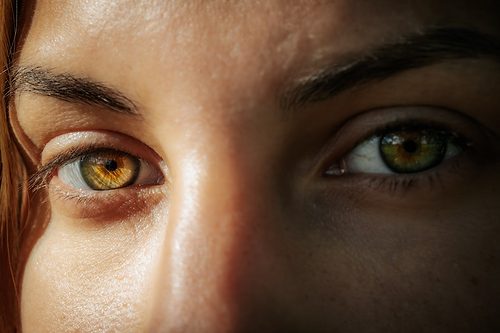Articles Tagged with ''depressive_disorder''
Psychotherapy and Medication Roughly Comparable in Treating Depression
Section editor, Glen Spielmans, PhD
Read More
Varying symptom profiles of depression correlated with specific triggering events
Rebecca W. Brendel, MD, JD
Read More

_-The-Breakthrough-Antipsychotic-That-Could-Change-Everything.jpg?1729528747)



